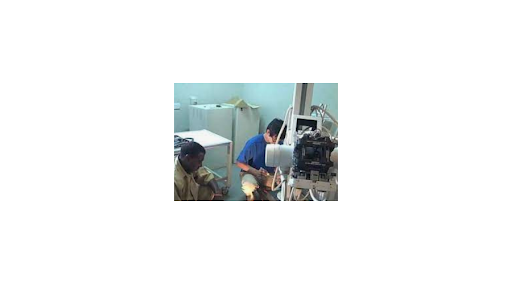The pressure on the National Hospital’s medical services is intense and will only grow as patients’ needs grow with population increases year on year.
It is essential that all forms of medical equipment in use at the NRH, and in provincial hospitals, such as x-ray machines in particular are given appropriate care and regular maintenance is necessary to the service facilities offered to patients.
I do not know the current situation at the NRH, but such a vital health care facility needs to have in place proactive approaches when it comes to maintaining its imaging equipment to ensure proper working order.
Part of the maintenance process involves having X-ray and stationary X-RAY machines calibrated.
Many problems can be detected early and easily fixed when the machine is included on a regular calibration schedule. Regular calibration also will help to ensure accurate output and safe dosage to patients.
For effective and regular maintenance of hospital equipment, including X-ray machines, the hospital administration needs trained technicians to carry out servicing and calibrations, thus ensuring serviceability and ensuring the machines last as long as possible.
Some readers have suggested to me the reason the NRH does not have a workable, but an essential mammogram machine and why some X-ray machines are not effective is because of a lack of maintenance by qualified technicians.
I am not in a position to comment on such reports, but if it is true that there is a lack of effective servicing of the hospital equipment because there are not the necessary technicians to do the servicing, then I would please urge the MHMS to engage and train technicians to undertake the vital work.
Some 18 months to 2 years ago, my partner charity ‘Take My Hands’ from its base in New Zealand offered the NRH an equipment maintenance programme, including training of local technicians and this was readily supported by the then NRH’s CEO, but the proposal came to nothing, seemingly disregarded by the authorities then in charge of medical services.
TMH had suggested sending volunteer technicians associated with one of the Universities in Auckland to the NRH to undertake the support project, but when the offer fell through the same technicians travelled to Tonga and carried out their services to the medical services in that neighbouring country.
Yours sincerely
Frank Short



